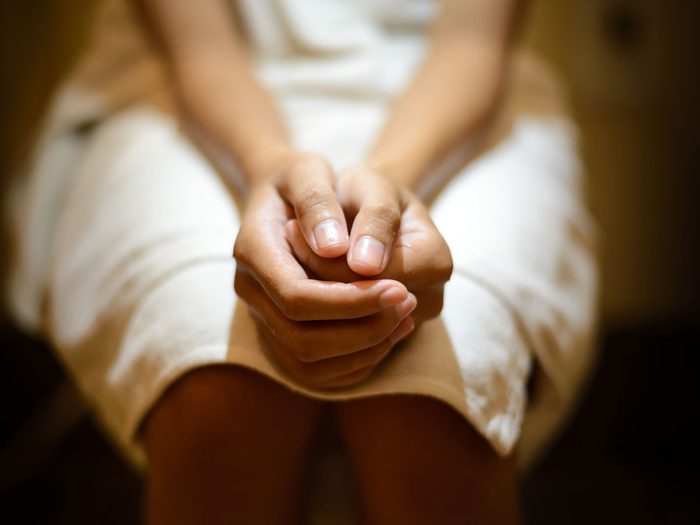
What is a yeast infection?
A yeast infection occurs when there’s an overgrowth of the fungus Candida albicans in your vagina. While it naturally lives there, too much of it triggers irritation, inflammation, itching, and discharge. They’re uncomfortable but easily treatable and very common: Mayo Clinic estimates that three out of four women will experience a yeast infection in their lifetime.
The standard course of treatment is an antifungal medication (available as creams, ointments, tablets, and suppositories). However, some natural home remedies can help lessen symptoms or prevent an infection from taking hold—but more research needs to be done to definitively support their effectiveness.
(Note: Always see a doctor to confirm you have a yeast infection and not a sexually transmitted or bacterial infection, which may have similar symptoms.)
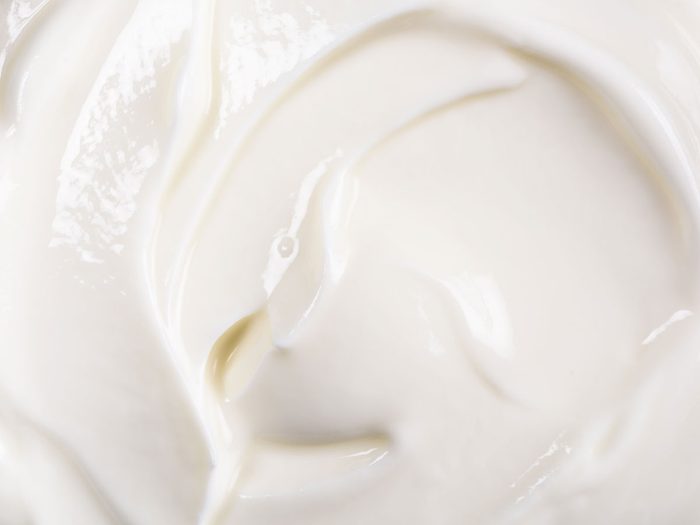
1. Yogurt
Some studies suggest that eating a daily eight-ounce serving of yogurt with “live cultures” or taking a Lactobacillus acidophilus capsule each day may help prevent yeast infections, or even help reduce repeat infections in people who are prone to them—but larger studies need to be done to assess exactly how effective probiotics may be at preventing or treating yeast infections. “Adding in probiotics to help lower the candida load is another way of treating candida,” says Taz Bhatia, MD, a board-certified integrative medicine physician and wellness expert in Atlanta, GA, and author of Super Woman RX. Try eating plain Greek yogurt without a lot of sugar, since the sweetener fuels C. albicans growth.
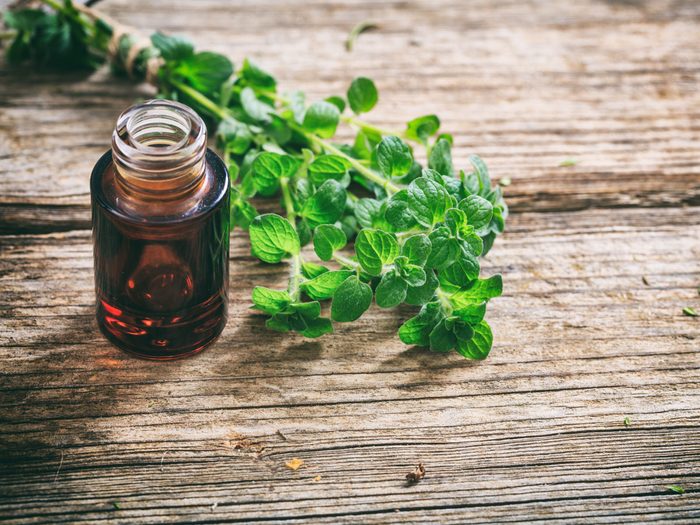
2. Oregano oil
Several studies suggest that oregano oil has antifungal and antimicrobial properties that may help halt the growth of C. albicans. “Oregano oil helps reduce the load of candida,” Dr. Taz says. “You can use by applying topically, diluted in a carrier oil. You can also take capsules of oregano oil—500 mg is the average dose taken a few times per day. It can also be ingested under the tongue—in a small amount—1 to 2 drops.”
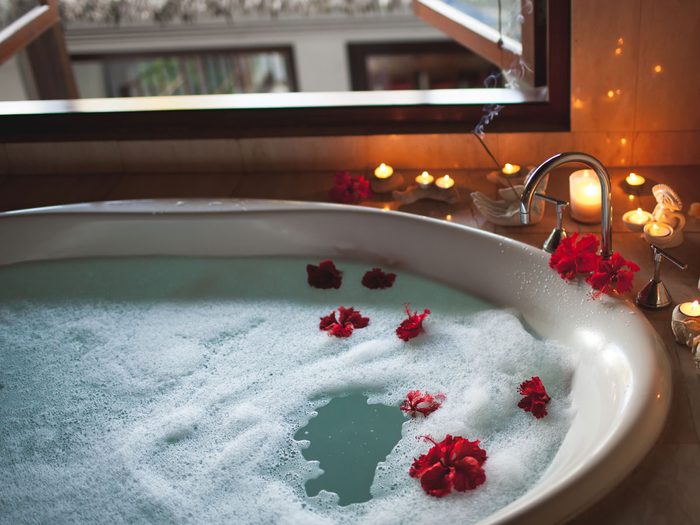
3. A warm bath
Sitting in a bath of warm water may help soothe vaginal pain or itching; but avoid hot tubs, which often contain chemicals that could further irritate the area, advises Dr. Taz.
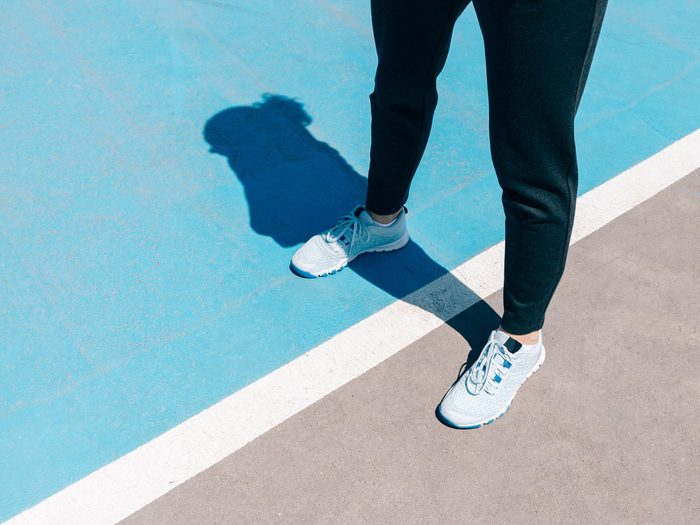
4. Loose clothing
Avoid tight underwear, leggings, or pants, which aren’t breathable—this promotes moisture and increases the temperature of your genital area, says Dr. Taz, making it a breeding ground for bacteria and fungus. (Learn what else gynecologists wish you knew about yeast infections.)
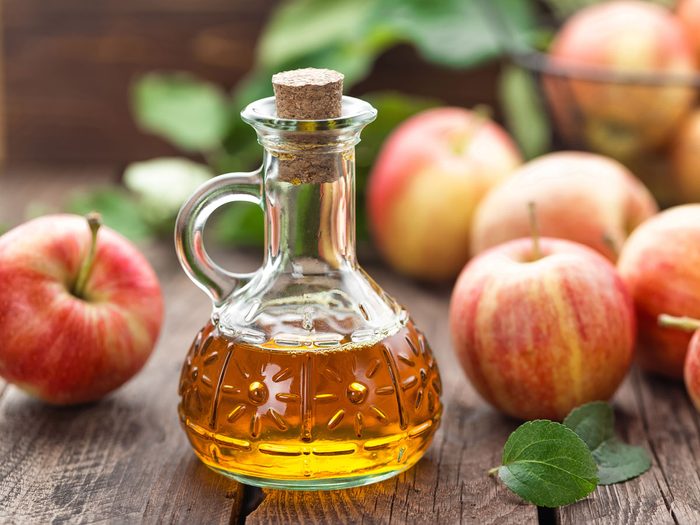
5. Apple cider vinegar
Soaking for 20 minutes in a lukewarm bath spiked with a half cup of apple cider vinegar may help eliminate bacteria. “Apple cider vinegar can be helpful, but it’s also a bit harsh on the skin,” says Dr. Taz. “I would not do it more than two times per week.” Here are some proven benefits of apple cider vinegar.
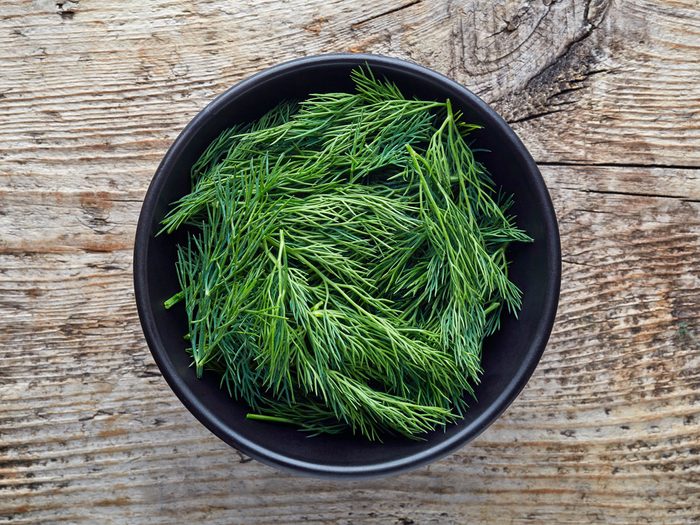
6. Dill
A recent study found that a dill suppository had similar anti-yeast-infection results to a common antifungal treatment, clotrimazole. Talk to your doctor before you try it.
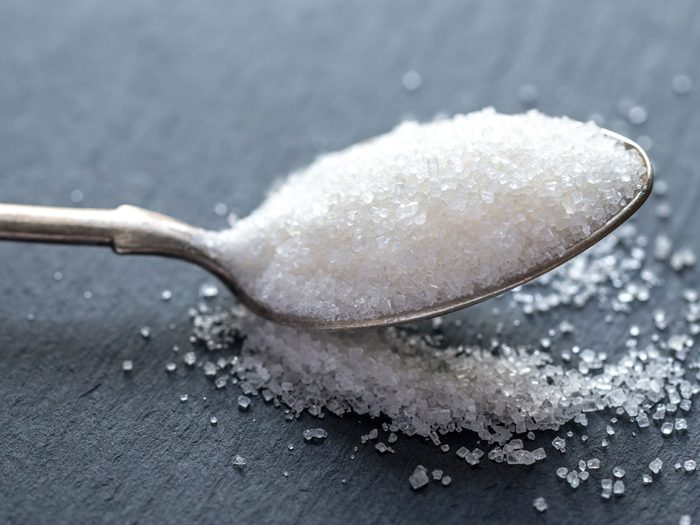
7. Ban sugar
Since yeast thrives on sugar, avoid it as much as possible. That means home-cooked meals versus processed foods or take-out, so you can better control exactly how much sugar you’re consuming. (Here are the reasons why cutting back on sugar could better your health.)
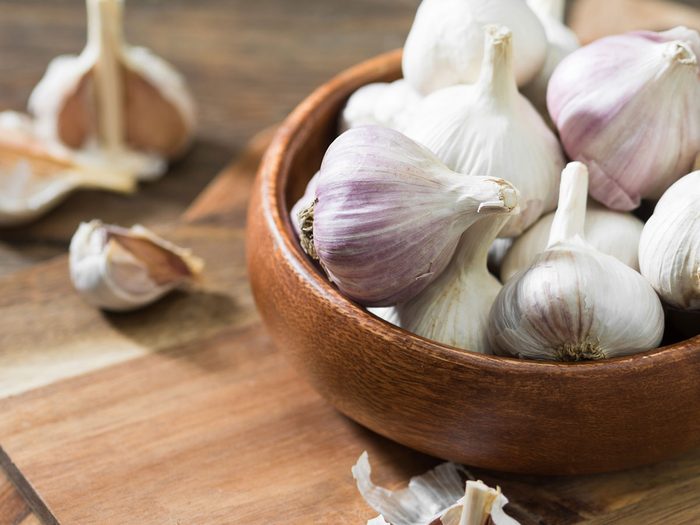
8. Garlic
Though human studies are lacking, garlic has been shown in some lab studies to halt the growth of bacteria and fungus, due to its natural antimicrobial properties. Still, it can’t hurt to add a little extra garlic to your diet if you’re prone to yeast infections or while you’re in the throes of one. But avoid the online advice you might read about placing a raw garlic clove in your vagina: There’s definitely no scientific proof that it works, and it may actually induce more burning or irritation.
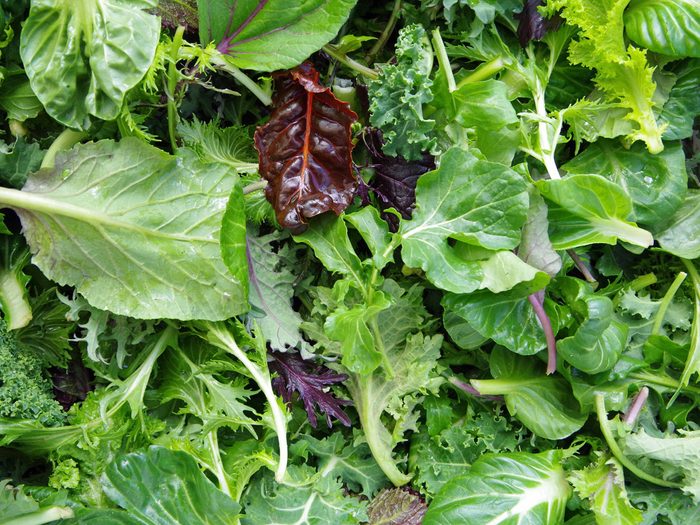
9. A balanced diet
Boosting your immune system can help it ward off infections in general. Besides lean protein and whole grains, stack your diet with nutrient-rich fruits and veggies high in vitamin C and antioxidants. Think citrus, berries, leafy greens, red bell peppers, or green tea.
Medically reviewed by Tia Jackson-Bey, MD.
Now that you know the most natural home remedies for yeast infections, next find out more about the best foods for a healthy vagina.
